A History of the Bible: The Book and Its Faiths
£8.50
WINNER OF THE 2019 DUFF COOPER PRIZE
THE SUNDAY TIMES BESTSELLER
‘With emotional and psychological insight, Barton unlocks this sleeping giant of our culture. In the process, he has produced a masterpiece.’ Sunday Times
The Bible is the central book of Western culture. For the two faiths which hold it sacred, it is the bedrock of their religion, a singular authority on what to believe and how to live. For non-believers too, it has a commanding status: it is one of the great works of world literature, woven to an unparalleled degree into our language and thought.
This book tells the story of the Bible, explaining how it came to be constructed and how it has been understood, from its remote beginnings down to the present. John Barton describes how the narratives, laws, proverbs, prophecies, poems and letters which comprise the Bible were written and when, what we know – and what we cannot know – about their authors and what they might have meant, as well as how these extraordinarily disparate writings relate to each other. His incisive readings shed new light on even the most familiar passages, exposing not only the sources and traditions behind them, but also the busy hands of the scribes and editors who assembled and reshaped them. Untangling the process by which some texts which were regarded as holy, became canonical and were included, and others didn’t, Barton demonstrates that the Bible is not the fixed text it is often perceived to be, but the result of a long and intriguing evolution.
Tracing its dissemination, translation and interpretation in Judaism and Christianity from Antiquity to the rise of modern biblical scholarship, Barton elucidates how meaning has both been drawn from the Bible and imposed upon it. Part of the book’s originality is to illuminate the gap between religion and scripture, the ways in which neither maps exactly onto the other, and how religious thinkers from Augustine to Luther and Spinoza have reckoned with this. Barton shows that if we are to regard the Bible as ‘authoritative’, it cannot be as believers have so often done in the past.
Read more
Additional information
| Publisher | Penguin (4 April 2019) |
|---|---|
| Language | English |
| File size | 20402 KB |
| Text-to-Speech | Enabled |
| Enhanced typesetting | Enabled |
| X-Ray | Enabled |
| Word Wise | Enabled |
| Sticky notes | On Kindle Scribe |
| Print length | 606 pages |

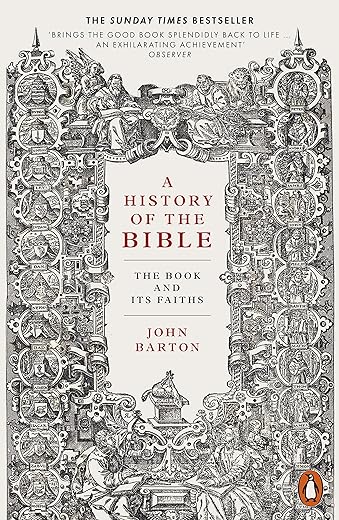
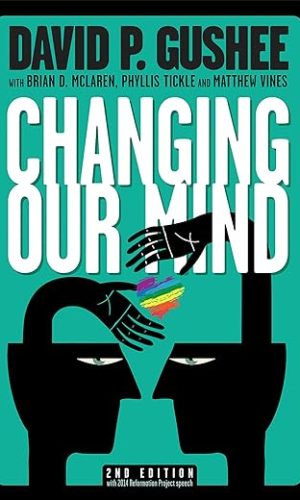
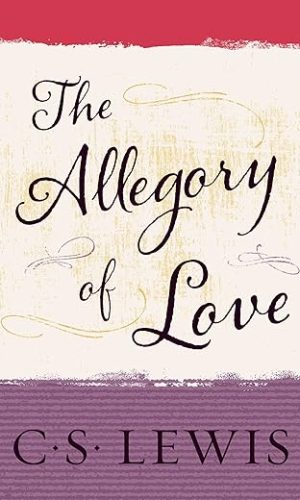
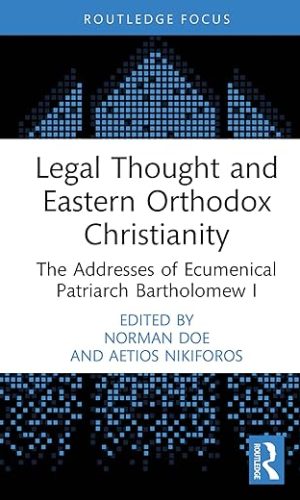


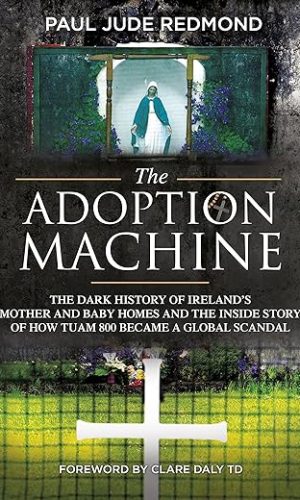
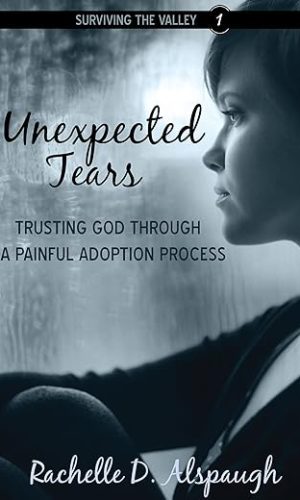
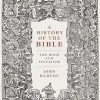
by CTG
Wonderful book. Having been bought up on the Bible I was amazed at how much of it I recall. It is one staggering revelation after another to me. The Pauline letters were written before the gospels, the gospels were written 50 years after Christ and are not independent witness accounts (Luke even says this in the prologue) they weren’t written by M, M, Luke and John, Timothy is a forgery, Paul doesn’t mention the Trinity or a bodily resurrection and so on. I’ve not been a believer for a while but even so this is still stunning. It is clearly and logically written and the author comes across as sympathetic as well as hugely informed. Surely anyone who has ever wondered about the Bible and has a mind open to evidence and argument will be gripped. (One or two bits are rather densely argued and difficult to follow but that is the minority)
by S Tanner
This is a heavily researched and referenced scholarly tome, best digested in small chunks
by Amazon Customer
Very informative book regardless of you believe it dont. Certainly raises a large number of questions about what is normally taught and practiced
by Yvonne
This book came in excellent condition. The book was like brand new, very clean and intact, brilliant. The seller was World of Books Ltd.
Just read a little bit of the book and it’s quite knowledgeable so far and I’m looking forward to reading it all. One that you need time to concentrate on, but will be worth it! Can’t wait.
by Amby
I should have read a book like this years ago. Much explained in an honest way.
by atza
Well written and a valiant attempt at making Bible history interesting. I enjoyed the way the author described the historical contexts when various sections of old and new testaments were likely written. I struggled to follow the author’s description of the relevance of the various passages ie. how ancient medieval and contemporary people might have interpreted the words. As an atheist I was hoping to get a better grasp on why so many people have been shaped by the words in these books.
For me it is more interesting to read about the ancient Egyptian and Greek culture, in particular how the Greek philosophers discussed politics astrology science law life after death logic forms maths deduction gods slavery caste system etc. The Bible seems to be a rather disorganised version of Greek thought plus Egyptian divinity written for people wanting to escape a tyrannical Roman autocracy.
by Darkstar
The reviewer who gave this one star and claimed that it contains material with which a 16 year old would be familiar has i) never had any contact with sixteen year olds and/or ii) was a teenage prodigy with impossibly high standards. The fact is that what Professor Barton offers is a magisterial and measured survey of the contexts in which the books making up the Bible were written. The book is very readable, often witty, always genial, and is a mine of information. I was particularly impressed by the sections on the Medieval and Reformation understandings of the Bible and the contextualising of the Pauline faith/works debate was for this particular non-specialist reader revelatory in relation to Lutheranism. I also feel I understand much more clearly the different ways in which Jews and Christians read the Old Testament since Professor Barton dispenses with the cliché that these two faiths share at least one book. I am aware that Professor Barton is a an ordained priest but it is a register of his even-handedness as a writer that anyone unconvinced by Christianity will find a number more reasons to remain so having read it. For the record, CE and BCE are entirely appropriate scholarly terms and avoid the dogmatic position in which AD and BC would involve the scholar. It would merit comment only if these older terms had been employed. The work is to be recommended without reservation.
by mb3012
This is one of those books I wish I’d read years ago. It’s an excellent history of the Bible and how it has been viewed and used by Christians and Jews for 2,000 years. It’s truly a great story of humanity’s search for meaning and understanding. There are things readers should be aware of though. Firstly if you’ve already made your mind up that the Bible is simply the word of God, if you’re of a fundamentalist persuasion from any branch of Christianity or Judaism, you’re not going to like this book. Secondly, if you want an easy straightforward conclusion, you will similarly be disappointing. There are no easy answers here. For me the beauty of the story told is that it’s so relatable. The struggle to make sense of things going all the way back to Paul feels incredibly human and modern. Which makes me feel more connected. My only negative is that the book fades a little towards the end. I have to admit that I skimmed chapter 17 (Kindle edition) and found the conclusion a little disappointing. Not that I disagreed, but it I think the author could have said more about their own, personal views. Hence 4 stars.